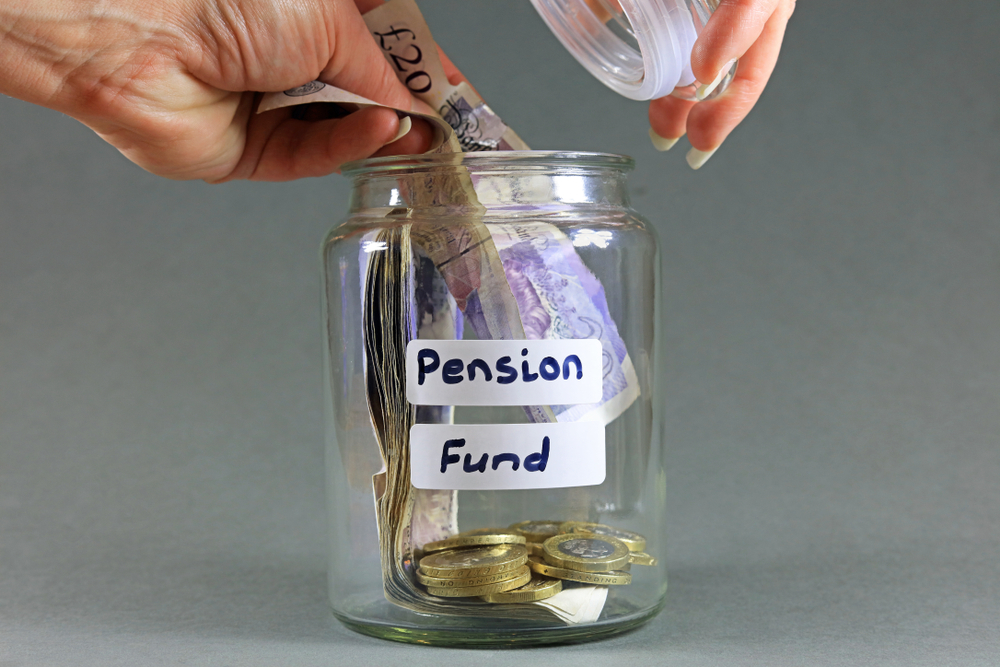News
Pandemic hits pension scheme membership and contributions

Employees paid 11% less into defined contribution pension schemes between April and June than they had between January and March, while employers paid in 5% less.
The figures from the Office for National Statistics (ONS) also show that by June last year, 41.5 million people were members of a workplace pension scheme, with 23.1 million members of a private sector defined contribution (DC) scheme.
This is down from the record high in March 2020, when 41.6 million people were workplace pension scheme members, 23 million of which were in private sector DC schemes.
The ONS said the figures “may be because of the impact of the coronavirus pandemic on the labour market, but caution is advised in interpreting the results.”
Maike Currie, investment director at Fidelity International, said: “The double drop of 11% and 5% in employee and employer contributions, respectively between the first quarter and second quarter last year highlights the significant impact Covid-19 has had on people’s finances.
“It’s understandable that given the short term pressures many have been under during this period that they may have felt inclined to either pause or scale-back their pension contributions last year. However, doing this can have significant repercussions on people’s long term finances.”
Research by Fidelity found that out of the approximate 3.6 million workers who have been furloughed, 38% have made changes to their retirement plans as a result of Covid-19.
Furloughed workers are also seeing their retirement age pushed back by up to 2.5 years, with 37% still uncertain about their ability to afford their desired retirement lifestyle.
Currie said: “In addition, DC membership slowed to a crawl between April and June last year, reaching just over 23 million by the end of the second quarter – a small 0.6% increase compared to 22.4 million DC pension schemes at the end of 2019. Looking ahead, employers need to be on the front foot when it comes to supporting their staff’s retirement decisions. After months of contributions being paused, workers need to feel confident about either restarting or reassessing their pension plans for the future.”
Becky O’Connor, head of pensions and savings for Interactive Investor, said: “During the first lockdown, at a time when some were losing jobs or at least part of their income, the growth in membership of workplace pension schemes slowed and contributions declined.
“These figures show us that unless economic fortunes reverse soon, the impact of the pandemic may not just be felt in the immediate term but also in decades to come, when today’s younger workers retire with potentially less than they need, because they were unable to contribute enough to a pension during their working lives.”